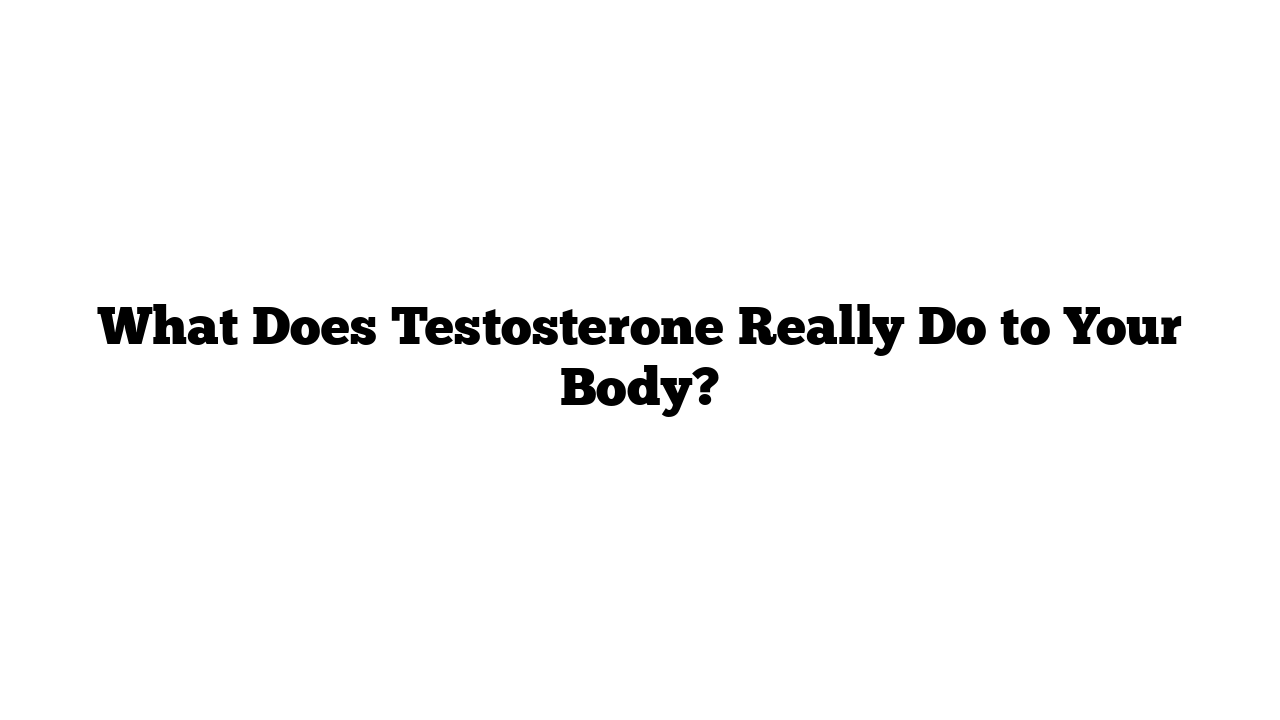Hormones play a significant role in managing various bodily functions, from metabolism to growth. Among the approximately 50 hormones in the human body, testosterone stands out for its impact on development, particularly during puberty.
What Is Testosterone?
Testosterone is a hormone produced mainly in the testes for men, with smaller amounts produced by the ovaries and adrenal glands in both men and women. It regulates many aspects of sex differentiation and development, guided by the brain’s hypothalamus and pituitary gland. This hormone’s influence starts before birth, playing a critical role in the development of sexual organs. After birth, testosterone levels stabilize but surge again during puberty, sparking many of the changes typical in teenage boys.
Puberty and Testosterone’s Effects
Testosterone’s impact becomes most evident during puberty, driving changes like:
- Growth of facial and body hair
- Lowering of the voice
- Increased muscle mass
- Overall growth spurt
These effects create the distinct characteristics commonly associated with male adolescence. Testosterone also maintains sex drive, sperm production, and muscle and bone health into adulthood. It plays a lesser-known role in women, where it helps balance estrogen levels for healthy ovarian function.
What Happens with Too Much or Too Little Testosterone?
High Testosterone
Unnaturally high levels of testosterone are rare and mainly studied through synthetic means, like anabolic steroids, which can cause:
- Lowered sperm counts
- Higher risks of heart disease
- Liver issues
- Swelling in the legs and feet
For women, excessive testosterone may indicate polycystic ovary syndrome (PCOS), which can cause cysts, irregular periods, and infertility.
Low Testosterone
Low levels, often referred to as “low T” or hypogonadism, can affect both physical and mental health, resulting in:
- Reduced muscle and body hair
- Increased body fat
- Mood swings and mental fog
- Osteoporosis
- Low sex drive and erectile dysfunction
Fortunately, low testosterone is treatable with hormone replacement therapies (HRT), including injections and patches. Testosterone therapy has also become a part of gender-affirming care for transgender men and some non-binary people, helping to align physical characteristics with gender identity.
Finding Balance: Why Testosterone Matters
Finding the right balance is essential since both high and low levels can lead to significant health issues. For those going through puberty, testosterone is just a part of the changes they experience, and while it may cause some challenges, the long-term effects of healthy testosterone levels contribute to overall health and well-being.
For individuals interested in testosterone therapy, consulting with a healthcare provider is crucial to ensure it’s a safe and beneficial choice. Hormones like testosterone have significant roles in the body, but it’s the right balance that truly makes a difference in healthy development and maintenance throughout life.
FAQs
- What are some signs of low testosterone?
- Signs include low sex drive, fatigue, mood changes, and increased body fat. Consulting a doctor for blood tests is necessary for diagnosis.
- Can women have high testosterone?
- Yes, conditions like PCOS can cause elevated testosterone levels in women, leading to irregular periods and fertility issues.
- Is testosterone therapy safe for young men?
- Testosterone therapy is often reserved for specific cases like hypogonadism, especially in older men. It’s essential to speak with a doctor for tailored advice.
